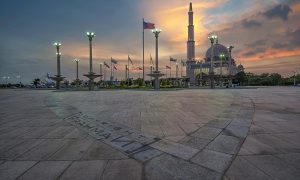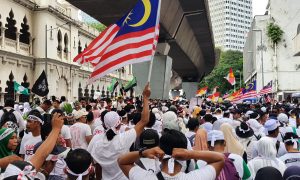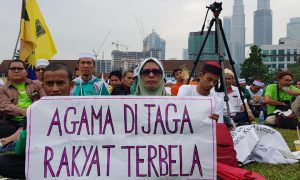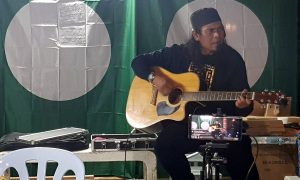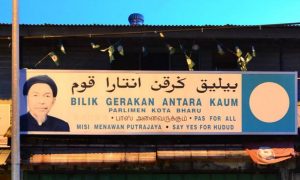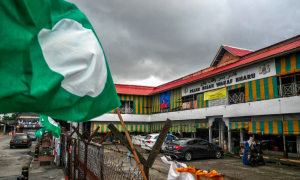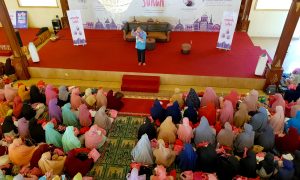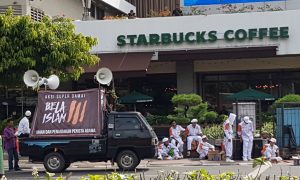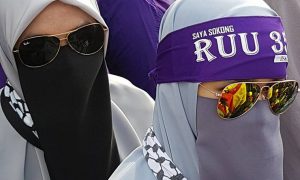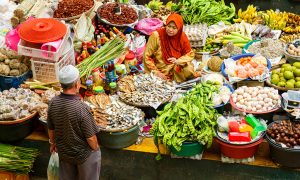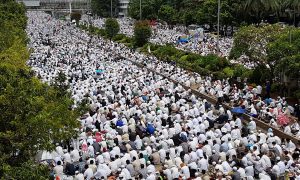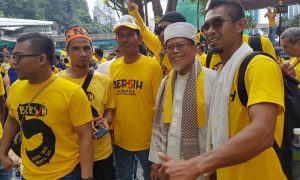How parties, preachers and pressure groups used social media to popularise the perception that "Islam is under threat" in Malaysia and call for a "Malay-led government"
Articles by Hew Wai Weng
Himpunan 812 and a new rivalry in Malay politics
Observations on what many are calling Malaysia's answer to Indonesia's 212 movement.
Malay anxiety, exclusion, and national unity
By drawing stricter boundaries between what is ‘Islamic’ and ‘un-Islamic’, and between who is ‘Malay’ and ‘non-Malay’, the anxiety about 'Malay unity' is addressed in a post-May 9 Malaysia.
The struggle for political Islam in ‘new Malaysia’
The GE14 result reflects PAS' enduring influence, yet the PH parties together with IKRAM and ABIM offer a viable ‘Islamic alternative’ for pious Muslim voters.
The limits to identity politics in GE14
Fracturing of Malay/Muslim parties has made it difficult to unite the Malay/Muslim electorate through ethnoreligious appeals.
Voting for Islamisms beyond the ballot box
Political Islam at GE14 isn't just a race between parties as democratisation throws up alliances and fractures to define Muslim society.
Piety, politics, and the popularity of Felix Siauw
An ethnic Chinese convert to hardline Islam stands out in Indonesia’s crowded Islamic preaching market.
Middle class competition and Islamic populism
What Jakarta's election highlighted most was not tensions between socioeconomic groups, but cultural tensions within the Muslim middle class itself.
Bersih 5 and the increase of the Malay discontents
What does an increased Malay turnout in the recent demonstrations signify?
 Facebook
Facebook  Twitter
Twitter  Soundcloud
Soundcloud  Youtube
Youtube  Rss
Rss 